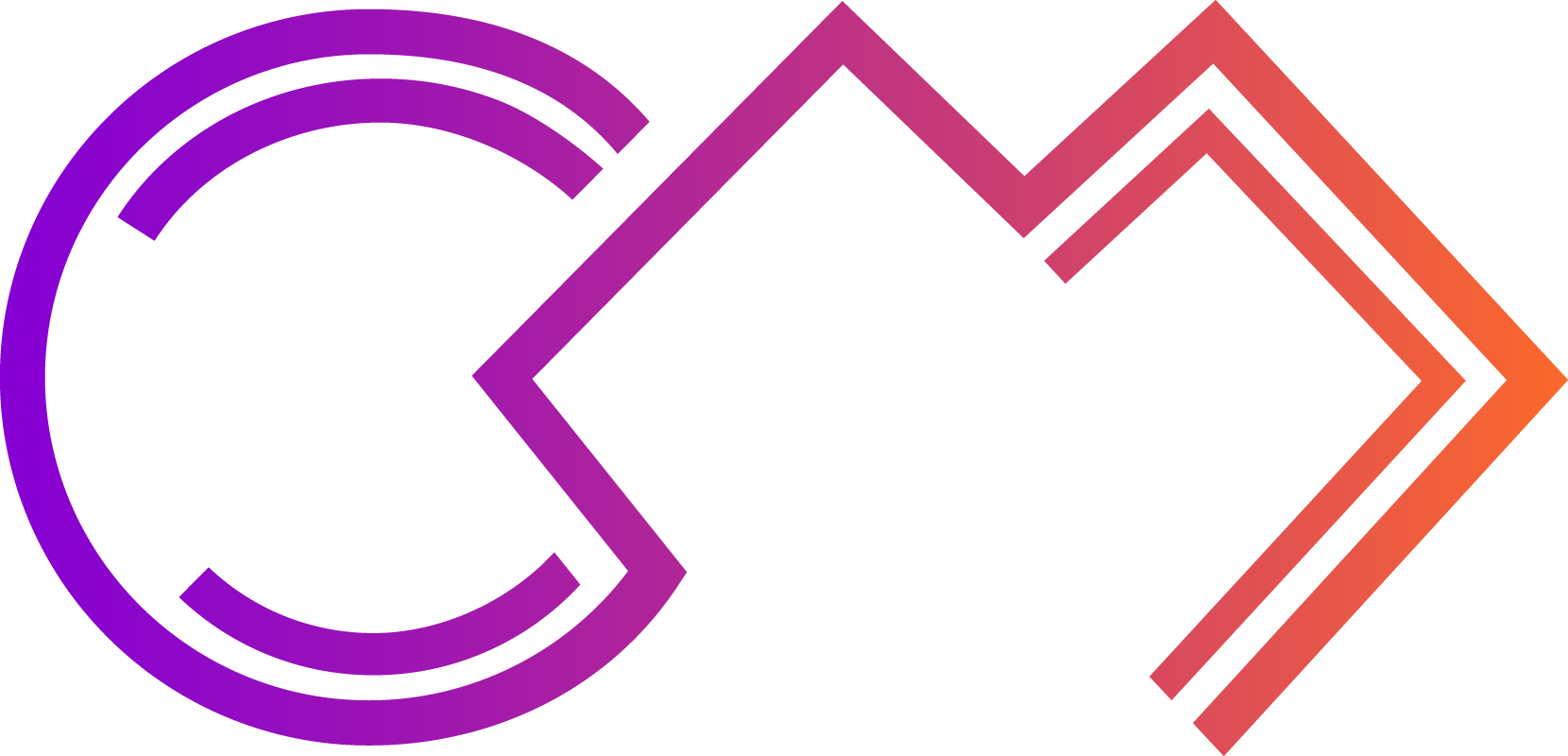But blockchain’s potential goes far over and above finance and cryptocurrency. Moreover, it promises to conquer the whole world overnight in the most unexpected ways.
Let’s discuss 7 potential applications of blockchain that can integrate and drastically change our lives in the following decade.
1. Creation of decentralized social media
The quick growth of technology has far outstripped the power of regulators. What does it mean? It means that unregulated products and platforms can easily invade our privacy and deprive us of the right to free speech. Blockchain technology is able to break this vicious cycle and create social platforms where freedom of speech and privacy are not just empty promises. This is possible due to decentralization, meaning that a user is in charge and in control of the personal data and information they share.
Blockchain-provided decentralization makes it possible to make any interaction encrypted, respectively every message, information, and data remains absolutely private. At the moment, the existing social networks use all of the user information to generate income. Basically, using any social platform, your information and behavior become a commodity.
Other perks of decentralized social media, like CryptoMoto, include the possibility to express opinions without censorship and further persecution, the ability to perform P2P transactions without intermediaries, and the permanent storing of shared content.
At the moment, you can already try out several decentralized social media platforms:
- Minds
- DTube
- Sapien
- SocialX
2. Unchangeable Digital Records
Blockchain is basically a huge registry that contains information about transactions with cryptocurrencies. The amazing feature of this registry is that it is safe from alterations, frauds, and other post-factum twisting of information. Thus, it can also be used to keep records of other transactions, documents, and so on. For example, a blockchain-based registry with birth and death certificates, property deals, and other documents is a perfect way to store and protect sensitive information in an encrypted form.

3. Healthcare compliant with HIPAA
Confidentiality plays a big role for the patient when seeking medical services. For healthcare providers in the United States, compliance with HIPAA, or Health Insurance Portability and Accountability Act, is also extremely important. And here again, the high level of privacy and decentralization provided by blockchain can benefit a number of healthcare processes and procedures, such as:
- Cost-effective and better patient care
- Better protection of sensitive information
- Increased security of data shared between devices and mobile apps
- Facilitation of insurance claims processing
- Better protection of genetic information
- Efficient and easily reached from any place on Earth patient data with blockchain-protected access
- Improved transparency of medical and pharmaceutical supply
4. Travel and hospitality industry
Although traveling should be mostly associated with pleasure and new experiences, frequently, it is quite marred by the long lines, lost luggage, sharing of sensitive information that then can be stolen, and so on. You may be surprised, but here again, blockchain can save you from a lot of trouble. Nowadays, there are already several startups working on traveling and hotel business facilitation through blockchain. Primarily, they are aimed at the elimination of middlemen who can steal your sensitive data, be responsible for overbooking, and so on. As a result, blockchain technology can also significantly cut the costs of traveling.

We are optimistic about these changes and expect them to have a huge impact on the improvement of traveling and hospitality in the next decade.
5. Voting and public policy
Even with ballot machines produced by independent companies, the problem of voter fraud remains pretty high around the world. It turns out that even technological machines that exclude human factors are quite unreliable and hackable. But as we know, the major benefits of blockchain are the inability to change the data post-factum, and thus, the incorruptible data storage, here the technology also can come in handy.
The decentralized nature of blockchain and complete anonymity ensure that the voters’ identities and preferences won’t be seen by anyone. Voting through blockchain means a single secure I.D. for each vote which makes falsification impossible. Then the votes on the blockchain can be accurately counted by election officials without fear of duplications or identity fraud.
Actually, blockchain technology had already been used pretty successfully for political voting. The first such elections were held in Thailand in 2018. Then, in 2020 in the USA, during the Presidential elections was registered the first vote via a blockchain app given to an independent candidate Brock Pierce.
Besides making voting fraud and duplications of votes virtually impossible, blockchain can also greatly contribute to the improvement of the current democratic processes. For example, it can enable citizens to vote on public policy independently and, in the future, completely eliminate the corrupt system of lobbyists and other politicians who represent corporations rather than people.
6. Intellectual property protection
Another facet of life where blockchain can greatly help protect property rights and prevent fraud and theft is intellectual property. It is relevant for any area of activity. It could be useful for technology patents, fashion, art, and many others.
Blockchain technology helps to:
- Prove origin
- Register
- Track distribution
- Provide first use in trade or commerce evidence
- Manage digital rights
- Enforce intellectual property rights through smart contracts
- Make payment transmission verifications in real-time
- Identify counterfeit products
- Search and return stolen products
7. Self-managed digital identity
The majority of security breaches and identity thieves occur due to stolen user names and passwords. It’s not a secret that passwords are particularly vulnerable since users tend to repeat them when they create new accounts for different websites and apps. The existing protection methods, such as two-step verification seem to be over the top for many users, so they refrain from using it.

In the case of blockchain, personal data such as I.D.s and passwords are managed by the user rather than websites or governing agencies. It is possible because blockchain eliminates intermediaries or third parties in the signing-in or login process.
In addition, blockchain-secured access allows businesses to securely exchange and store data without the risk of data leakage and fraud. Businesses can assign restricted access levels to cloud data based on the level of security of individual employees, which reduces the risk of data leakage. Besides, identifiers encrypted in the blockchain can protect data on the way from the cloud to the P.C.s of remote employees from hackers.
The Future of Blockchain Technology – how will it affect us
It’s natural for people to reject changes, especially on a large scale. Thus, we expect many industries and individuals to be throwing sand in the wheels of integrating blockchain technology into everyday life. Nevertheless, we believe that blockchain technology integration in virtually all areas of our lives is inevitable.
Every innovation, especially on such a large scale as blockchain opens a door for an array of ways for abuse and misuse that can harm society and individual users. However, instead of fighting blockchain integration in our lives, industries and businesses should focus on making it a safer environment that can improve our common future.





